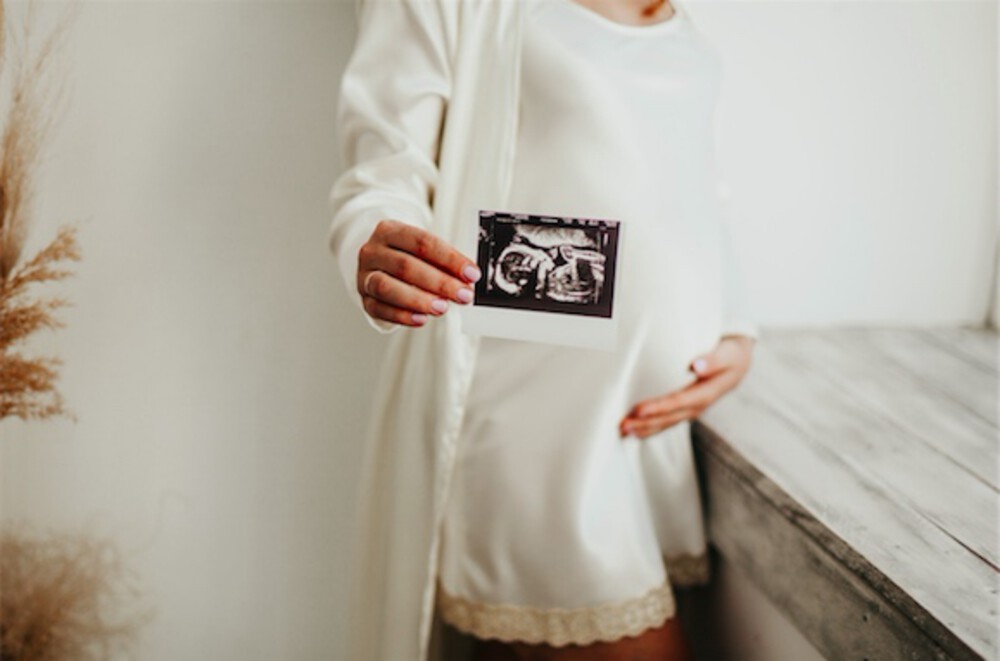
Is two better than one? Not when it comes to the number of embryos you transfer in your IVF cycle.
What is SET?
SET stands for Single Embryo Transfer. A single embryo transfer is the intentional transfer of one embryo when there are multiple embryos of appropriate stage and quality available.
According to the CDC, single-embryo transfer (eSET) is a procedure in which one embryo, selected from a larger number of available embryos, is placed in the uterus or fallopian tube. The embryo selected for SET might be from a previous IVF cycle (e.g., cryopreserved embryos (frozen)) or from the current fresh IVF cycle that yielded more than one embryo. The remaining embryos may be set aside for future use or cryopreservation.
Pros and cons of elective single embryo transfer
Single embryo transfers have become the industry standard, leading to better outcomes for both the baby and the surrogate. Significant advancements in medical and genetic testing of embryos now ensure the selection of the most viable embryo for transfer. This not only enhances the success rate of full-term, healthy deliveries but also reduces the medical risks associated with carrying multiples for both the surrogate and the fetus.
A pregnancy with multiples is higher risk than with a singleton. Rather than intentionally put a mother or a surrogate and babies in greater jeopardy, experts argued, why not utilize improved technology like Comprehensive Chromosome Screening (CSS). This form of genetic screening counts the total chromosomes and, while it’s not as comprehensive as preimplantation genetic testing (PGT), it is an accurate method to select the highest quality embryo for transfer.
The benefits of SET are plentiful for the baby; studies find that, in conjunction with CSS, single embryo transfer babies were half as likely to be born prematurely, a third less likely to be low-birth weight, and less likely to spend time in the neonatal intensive care unit (NICU) at birth compared to double embryo transfer multiples.
If you have questions about partnering an egg donor or gestational carrier can help you in your own ART success, contact our team for guidance.